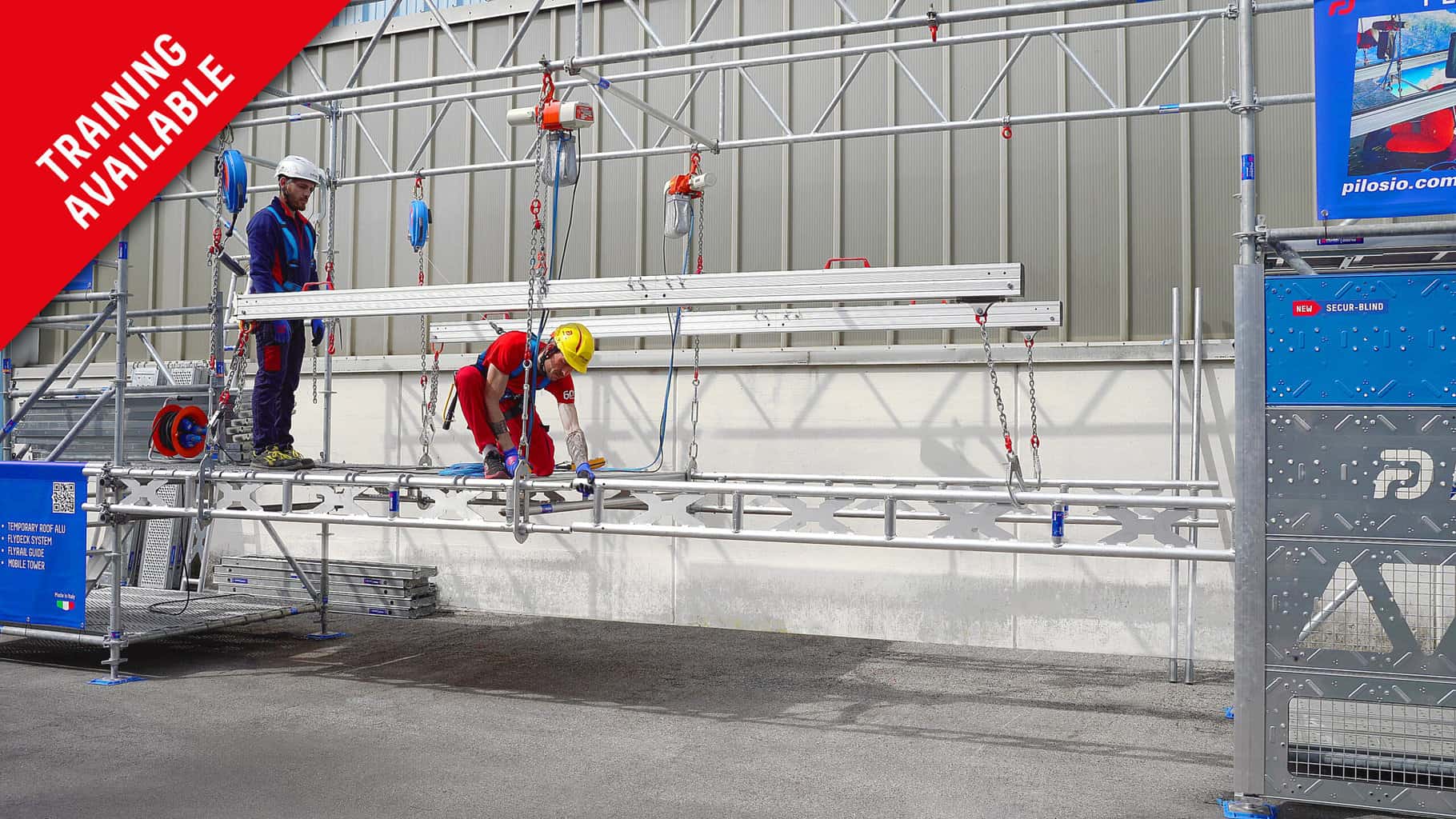In response to the concerning skills shortage, the UK government has officially added several construction trades to its shortage occupation list (SOL) while significantly relaxing immigration rules for these roles.
This move is seen as a pivotal step to invite more overseas construction workers to Britain, a recommendation issued by the government’s Migration Advisory Committee (MAC) back in March.
The four occupation codes now formally appended to the SOL encompass a range of construction-related roles. These include:
5312: Bricklayers and masons – all jobs
5313: Roofers, roof tilers and slaters – all jobs
5315: Carpenters and joiners – all jobs
5319: Construction and building trades not elsewhere classified – all jobs.
Being on the SOL implies that individuals in these roles now qualify to apply for work permits in the UK, potentially offering a solution to the ongoing skills shortage within the construction industry.
The Construction Leadership Council (CLC) had previously submitted a 61-page document to the MAC in May, arguing for nine other occupation classifications to be added.
This list included roles such as road construction operatives, mobile machine drivers and operatives, steel erectors, welding trades, and plasterers. However, these occupations did not make the cut this time around.
The Chartered Institute of Building (CIOB) has warmly received this announcement. Eddie Tuttle, the CIOB’s External Affairs Director, expressed his relief and delight, stating, “We very much welcome this announcement which in our view is long overdue.
The addition of these roles to the shortage occupation list is something we have called for through the Construction Leadership Council (CLC) and we’re glad the industry’s voice has been heard as the construction sector directly plays a vital role in the UK economy and is an enabler to so many others.”
While Tuttle acknowledged the need for the industry to work harder to attract homegrown talent, he also stressed the immediate skills shortage that needed addressing.
He commented, “Without a good supply of skilled workers from abroad, as well as homegrown talent, projects large and small including the likes of schools, hospitals, new homes and key infrastructure simply won’t happen.”
This news signals a critical turning point in the UK’s construction industry and how it addresses its acute shortage of skilled workers. While the impact of this decision remains to be seen, it undoubtedly offers a ray of hope to an industry that has been grappling with a significant skills shortage.




